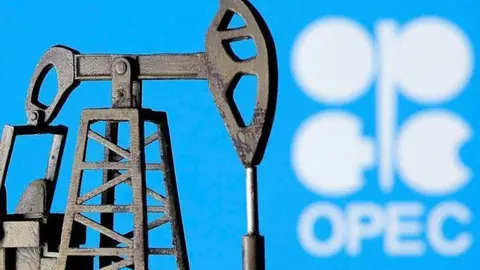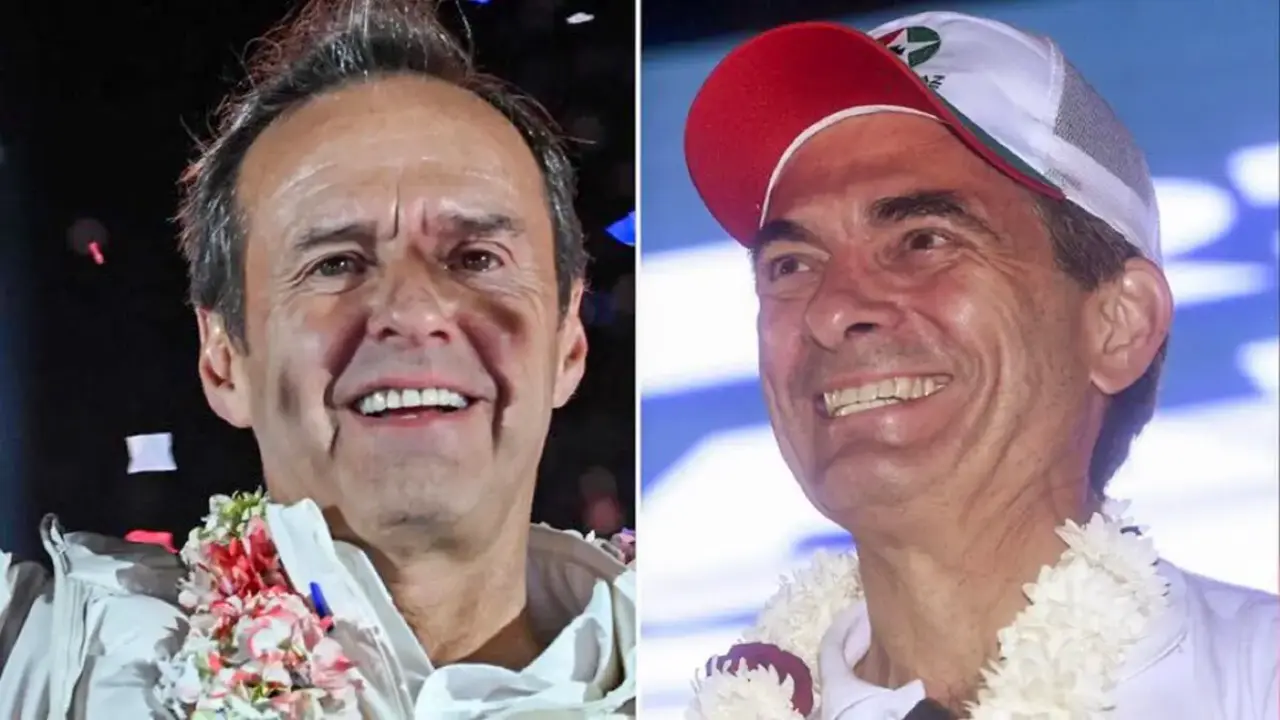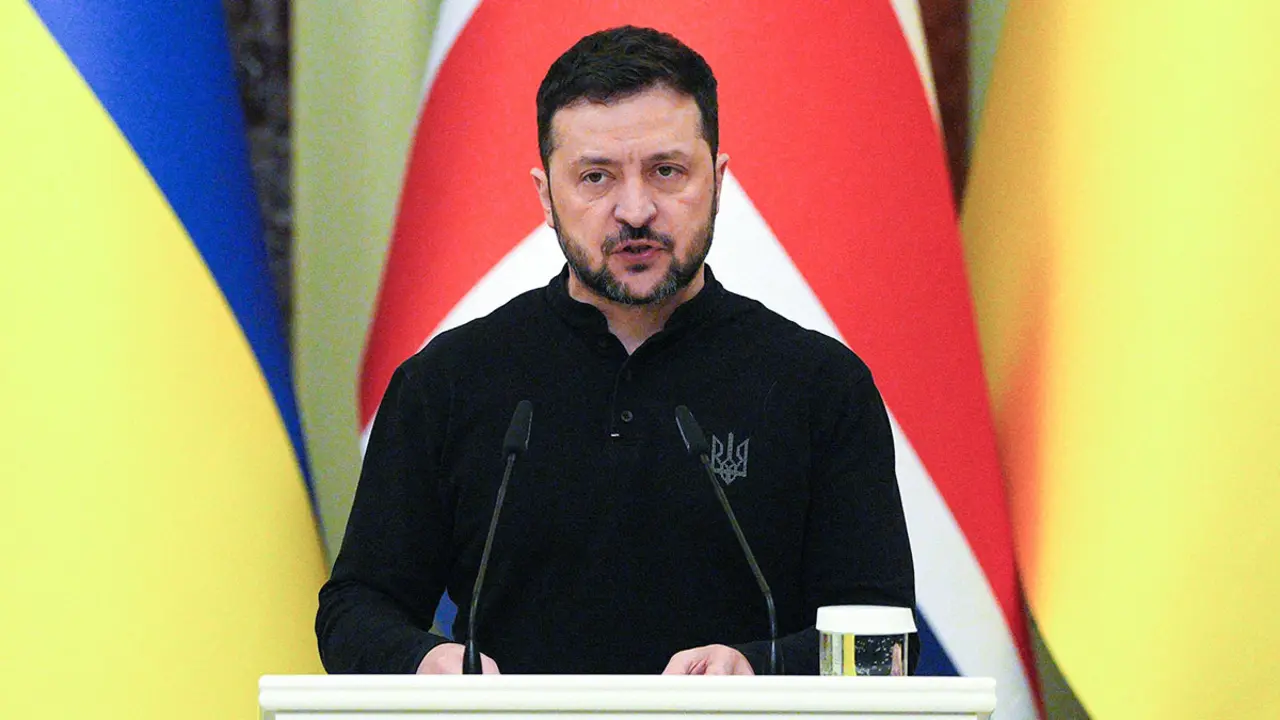The dreaded exit of the United Arab Emirates from OPEC+
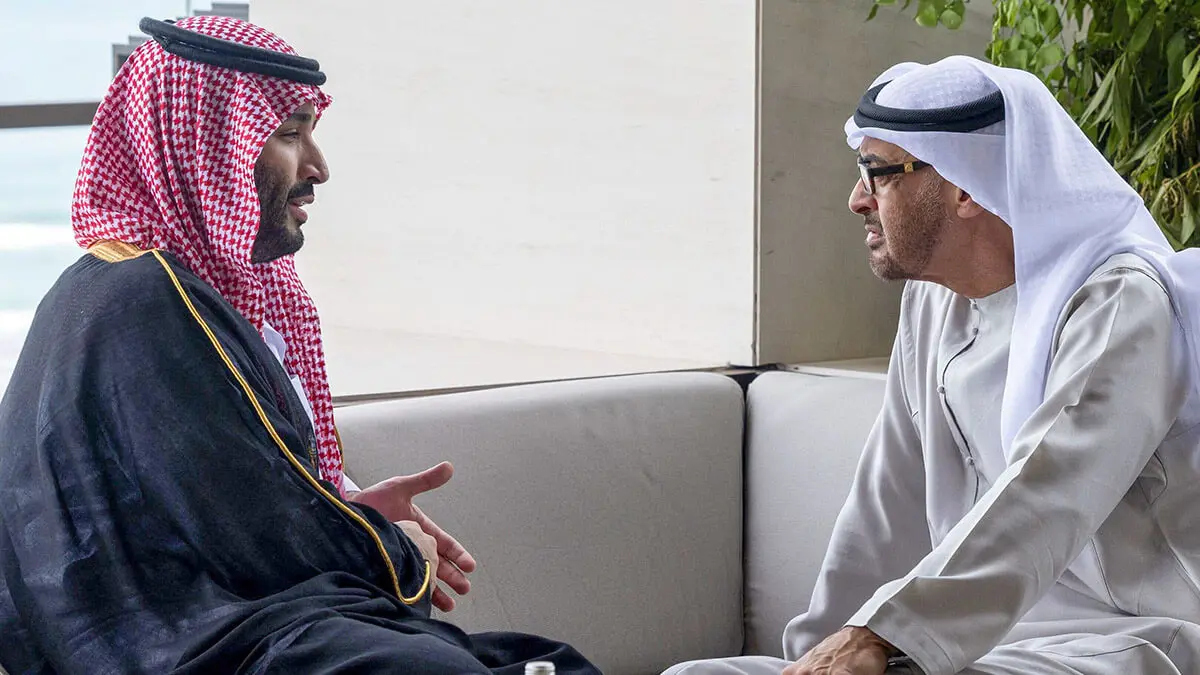
The figures do not convince all the members of the Organisation of the Petroleum Exporting Countries (OPEC+). Decisions by the oil cartel's leader, Saudi Arabia, to cut oil production by up to three times clashes squarely with the ambitions of the United Arab Emirates, the smallest Gulf state, which seeks to produce as much as it is capable of.
The latest temperature-raising between the partners took place at a meeting in Vienna last June. Saudi Arabia announced a further reduction of its production by one million barrels per day and the extension of the existing OPEC+ total pumping cuts for another year, until 2024.
Under the agreement with the organisation, the UAE can only pump three million barrels per day, far below current capacity and, more importantly, the Abu Dhabi National Oil Company's forecast of producing five million barrels per day by 2027, as ordered by the country's president, Sheikh Mohammed bin Zayed.
The cut was preceded by two previous attempts to achieve so-called 'market stabilisation', but so far Riyadh's decision has only provoked new rifts with the United Arab Emirates and filled Russia's coffers, which it is using for its illegal invasion of Ukraine. A scenario that, according to Washington, revives Abu Dhabi's claims to leave the oil cartel.
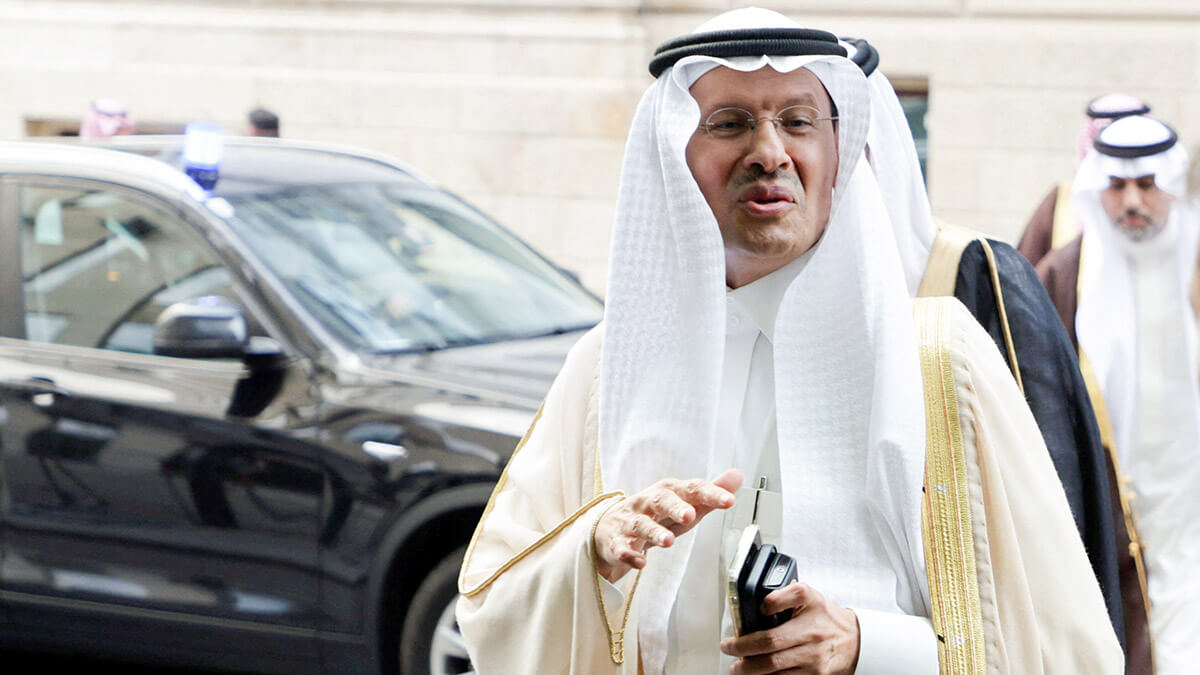
US praxis
Last March, an article in The Wall Street Journal set off alarm bells for the Gulf's two largest economies. According to the US newspaper, clashes between Saudi Arabia and the United Arab Emirates over oil prices and even the war in Yemen led to Abu Dhabi's decision to leave OPEC+. The publication sent oil prices plummeting by up to 2%.
Immediately after the publication, and the drop in oil prices, an Emirati official on condition of anonymity denied the UAE's plans to leave OPEC altogether, in a statement to Bloomberg.
Until then, the UAE had not commented on the OPEC+ oil production cut decreed by OPEC+ in October 2022. At all times, its position was to defend the measure as a "technical and non-political" cut. However, information published in The Wall Street Journal affirmed that US officials witnessed the opposition of the Emiratis, expressed in private.
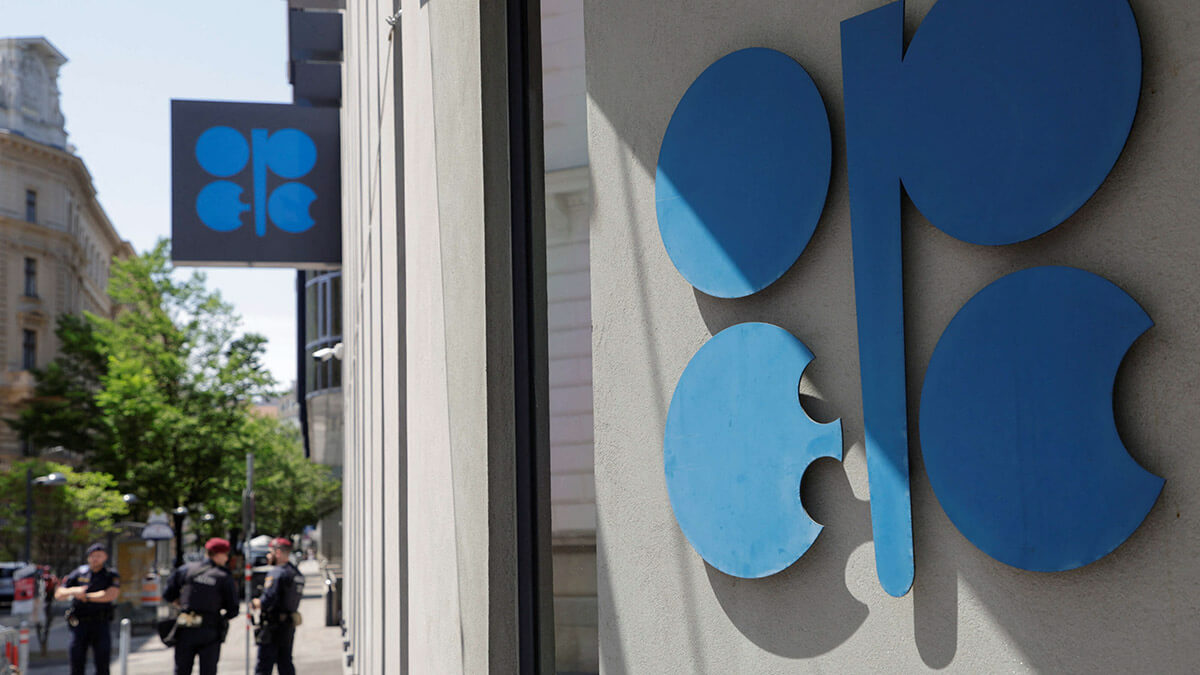
The clash of versions led to a drop in oil prices to the health of the main beneficiary of the dispute: the United States. Washington has been particularly critical of Saudi Arabia's decisions on OPEC+ production cuts, the organisation it accused of siding with Russia to keep energy prices high in the midst of its confrontation with Ukraine.
More dialogue between UAE and Saudi Arabia
"It is no secret that the UAE's production quota is much lower than its capacity, and it was raised, and I thank the collation for supporting the UAE to increase the production quota by 200,000 more barrels per day more." UAE Energy Minister Suhail Al Mazrouei's message welcomed this increased dialogue with Saudi Arabia.
While leading the UAE delegation to OPEC anniversary celebration in Baghdad, HE Suhail bin Mohammed Al Mazrouei, Minister of Energy and Infrastructure:
— سهيل المزروعي (@HESuhail) June 17, 2023
- Iraq’s hosting of the celebration of the 60th anniversary of founding the Organization of Petroleum Exporting Countries… pic.twitter.com/yNxF1stYnt
During its last meeting, OPEC+ agreed to increase the UAE's quota to more than three million barrels per day from 2024. A sign of rapprochement and conciliation with OPEC+ culminated in the oil cartel's anniversary celebration in Baghdad, led by the UAE delegation. "OPEC+ plays a key role in serving the interests of producers and consumers to promote sustainable investment in the energy sector," celebrated Al Mazrouei.

